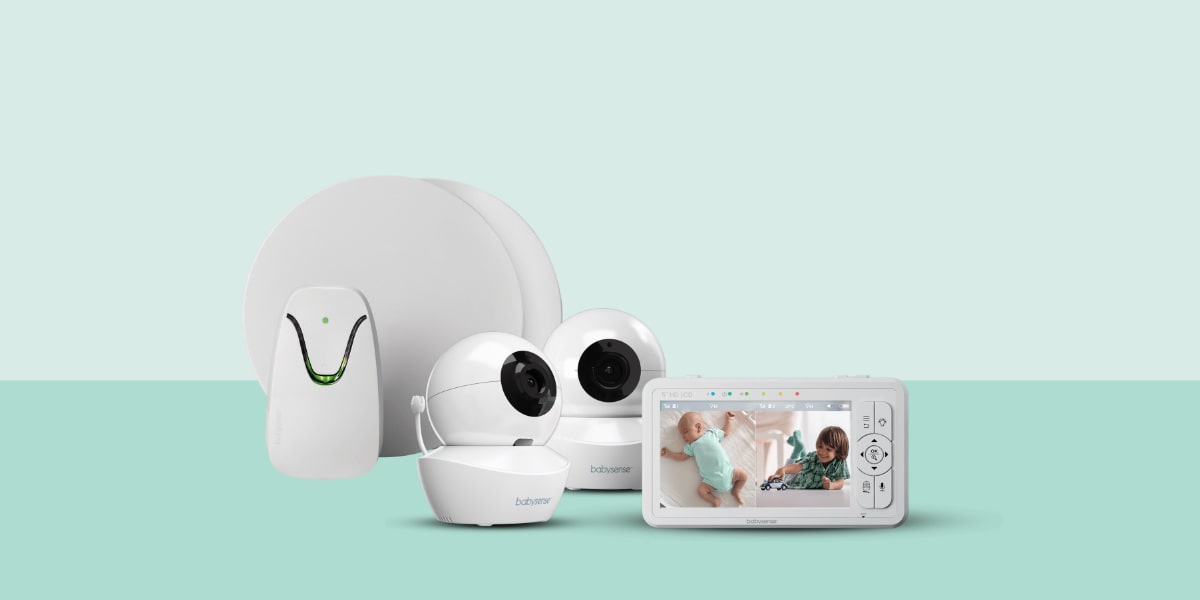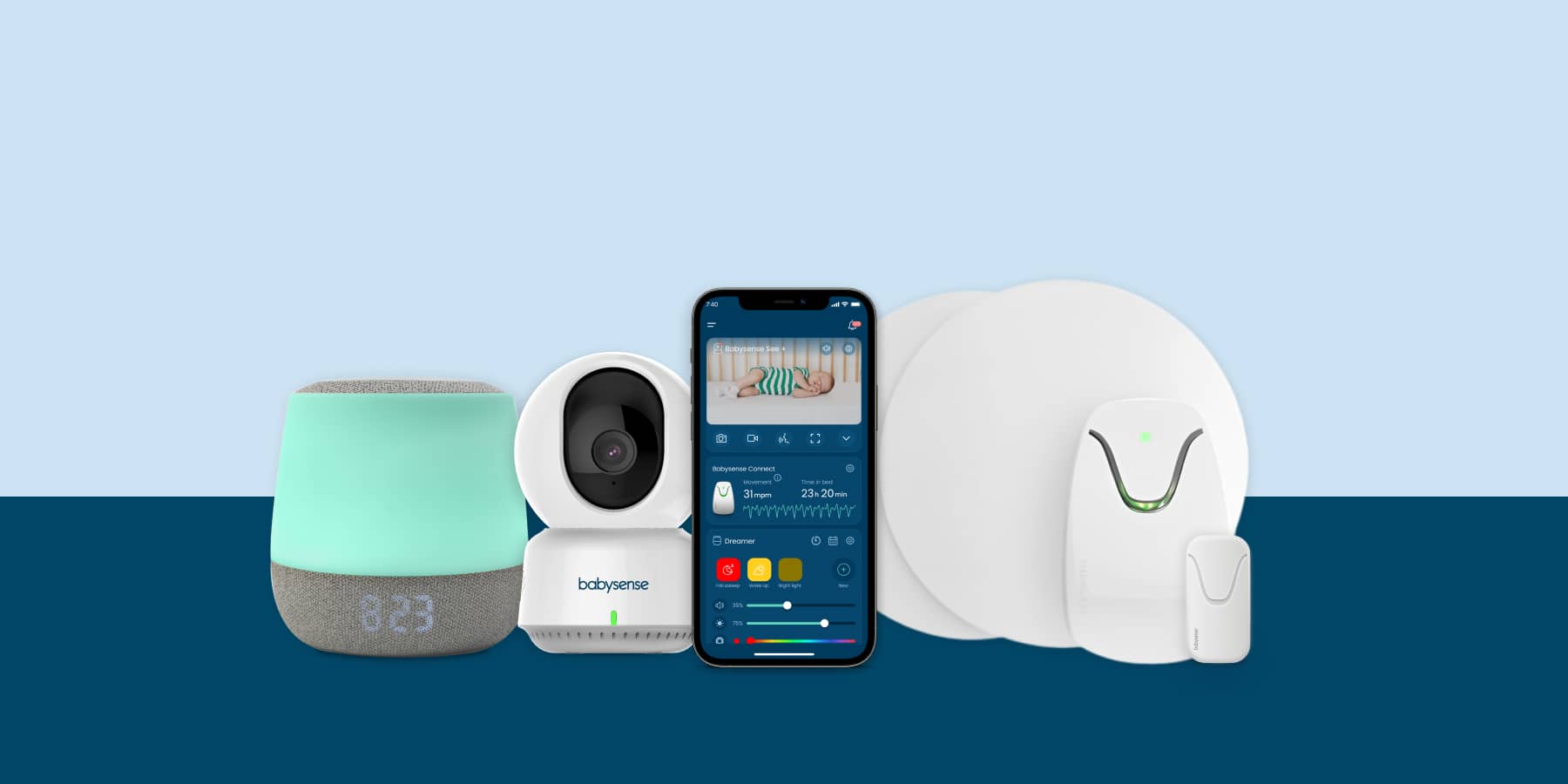It is empowering for parents to have an idea of what play activities they can incorporate into their daily routines to interact with their baby. Activities that stimulate their vision, hearing, touch and movement, all help them make sense of their world and move towards it. It is important to spend time watching what your baby is doing and what he/she takes an interest in, and then repeating it, providing more of the same.
It is in our daily interactions with a loving, consistent caregiver that baby receives the most valuable input. Nurturing daily routines of feeding, bathing, dressing and nappy changing, provide wonderful opportunities for playful interaction. Finding time to be with your babies, to watch them, and to have fun together, is the key to stimulating their development. Remember, YOU are your baby’s first and most important play-mate and play-object.
Baby clinics, family or friend groups, and mother-baby workshops are also very beneficial in our learning as parents. Groups give support and sharing as well as help parents understand their babies’ behaviours, stages of development and what activities are best for stimulating sensory and motor development.
Here is a guideline of your baby’s development in the first year of life. Having an idea of what your baby is beginning to learn at each stage, gives you an idea of what you can do to encourage their newly emerging skills.
- Babies respond to and engage with their parents. This is the stage of falling ‘in love’. Babies are able to ‘woo’ and be ‘wooed’. Parents feel their babies’ love, which reinforces their own love.
- At this stage, babies are becoming more alert and interested in the world around them. Their range of interest expands - from their parents, to the bigger world. They are now actively exploring with their senses. They are looking, touching, smelling, tasting and moving.
- Their focus and eye movements improve rapidly. They are able to focus on smaller objects and things further away. They are also able to follow objects or people with their eyes.
- They become interested in more complex sounds and start to babble, coo, laugh and imitate sounds. They learn social interaction skills, using babble and laughter in simple back and forth conversations.
- Babies are beginning to learn that they have an impact on the world and develop new determination. There is deliberate intention to get at an object of interest.
- Babies gain voluntary movement, which enables them to use their hands. They bring their hands to the middle, look at their hands and begin to swipe at and reach for objects. They learn to bring toys to their mouth and shake a rattle.
- There is a major progress in physical development during this time. Babies learn to push up on straighter arms when on their tummies. In back lying, they reach for and play with their feet. They learn to roll. At the end of this stage, they learn to sit with little or no support, and take weight on their legs when placed in standing.
- They can entertain themselves for a while, and enjoy the space to explore their newly emerging abilities. Parents must still be close at hand.
- Stranger anxiety starts to develop from around 6 months. This is a sign that a baby can distinguish between people she knows and those she does not know. This shows a greater awareness and is expressed differently by different children. Some may become quietly shy of strangers and others may object loudly. This is normal and not an indication that the child is regressing, which is what some parents may feel.





